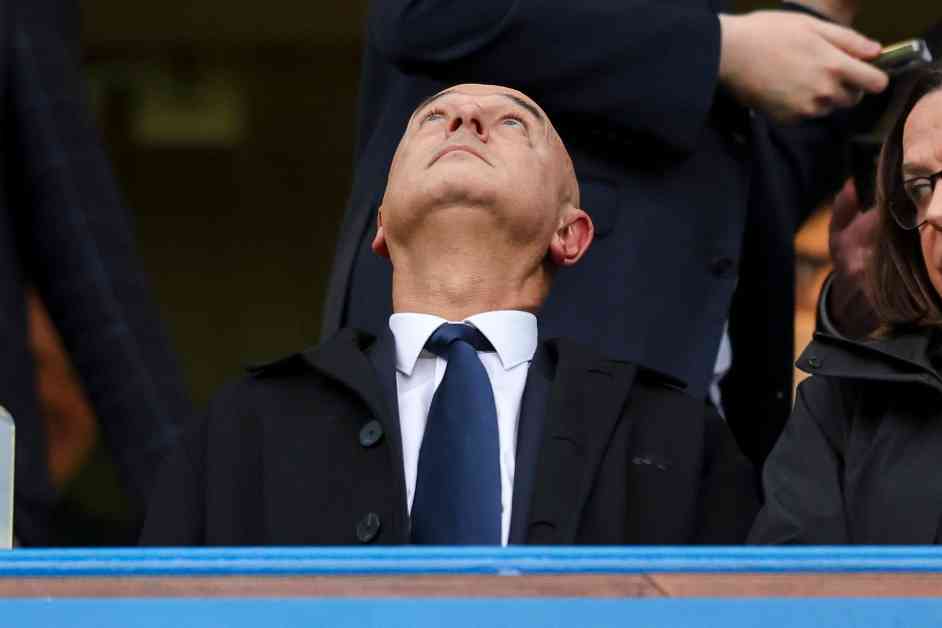The relationship between the Tottenham Hotspur board and the club’s supporters has been a topic of discussion in recent times. While the board has been successful in generating huge revenue and turning Spurs into a global brand with the new stadium, fans have expressed frustration over what they perceive as increasing commercialization and a conservative transfer approach.
Despite spending big in the transfer market, Spurs still maintain the lowest wages-to-turnover ratio among the so-called Big Six clubs. The Tottenham Hotspur Stadium alone generates over £100m annually, making it the club’s biggest asset. However, in order to maximize profits, the club has made decisions that are not well-received by long-time supporters.
One controversial decision involves the club’s ticket pricing strategy. Spurs have announced that they will no longer offer concessions tickets from the 2025-26 season onwards, leading to backlash from fans who feel that they are being priced out in favor of higher-spending tourists. Additionally, season ticket holders have been informed that they can only share their passes with non-concessions if they pay the price difference.
The Tottenham Hotspur Supporters’ Trust criticized the club’s communication regarding these changes, calling it misleading and punitive. While every Premier League club aims to increase matchday income, Spurs’ approach risks alienating their loyal fan base. The club’s failure to secure a naming rights deal for the stadium has also raised questions about their commercial strategy.
Former commercial chief Todd Kline had expressed hopes of securing a naming rights deal worth up to £20m per season, but no agreement has been reached. Industry experts now estimate the value of the naming rights to be around £12.85m per year. The decrease in value has implications for the club’s financial planning and may influence future decisions regarding ticket pricing and revenue generation.
Overall, the controversy surrounding Tottenham Hotspur’s commercial decisions highlights the delicate balance between financial success and maintaining fan loyalty in modern football. As the club continues to navigate these challenges, the impact on supporters and the long-term sustainability of the business model remain key considerations for the board and stakeholders.













